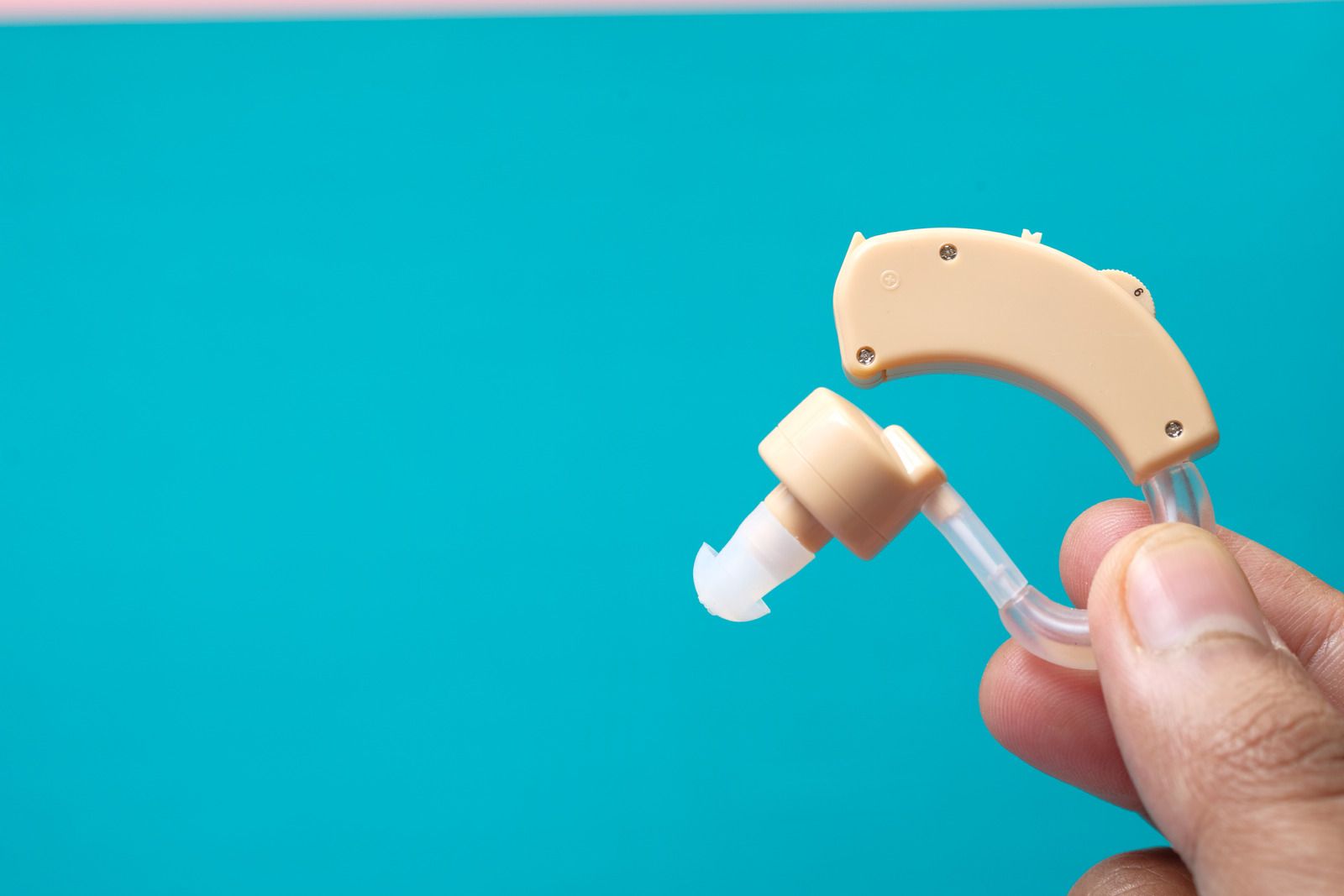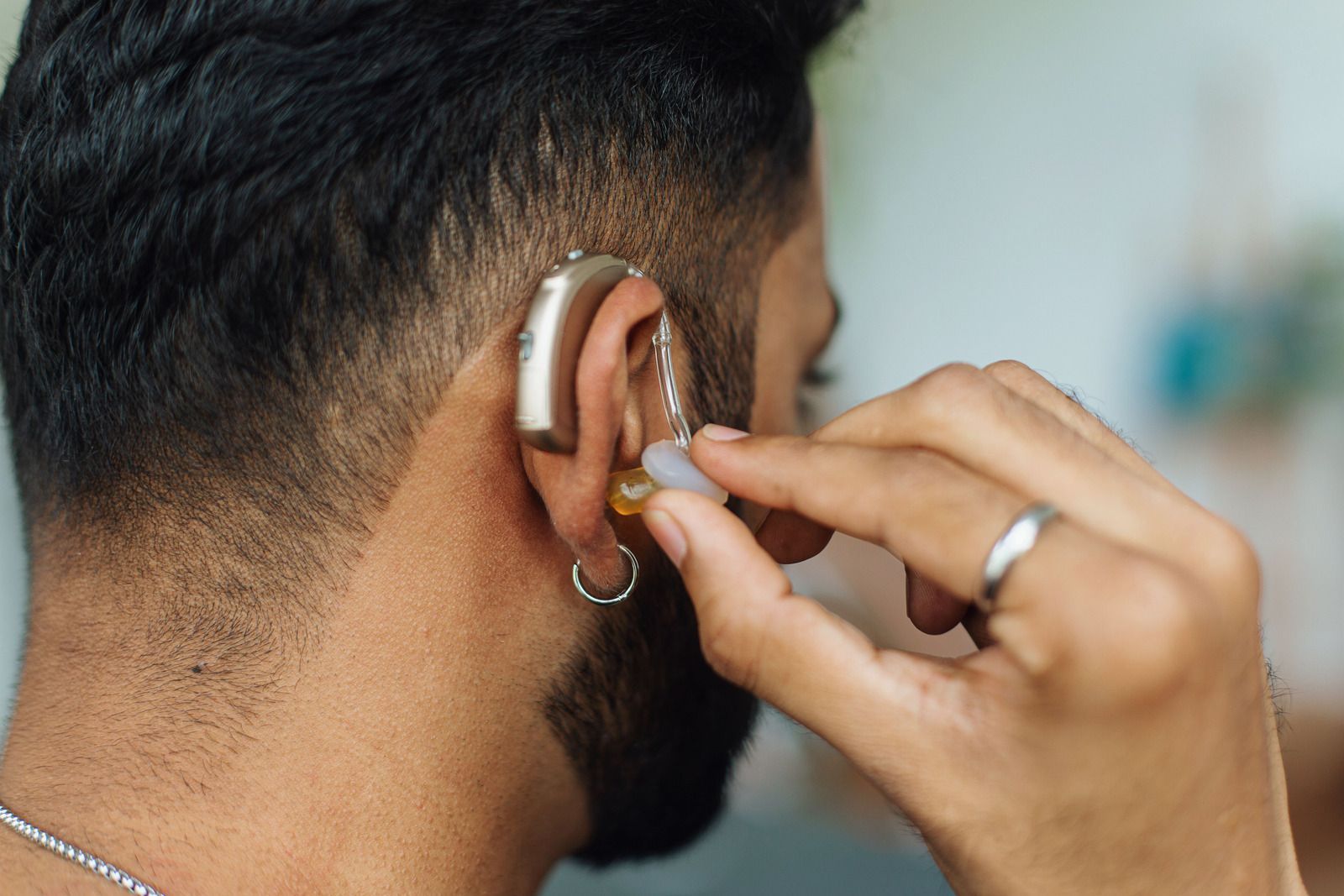The Connection Between Untreated Hearing Loss and Cognitive Decline
July 17, 2025

Hearing loss is often considered an inevitable part of aging, but its consequences can go far beyond the inability to hear clearly. Recent research has shown a significant connection between untreated hearing loss and cognitive decline. People who suffer from hearing impairment are at a higher risk of developing cognitive issues such as memory problems, confusion, and even dementia. This relationship raises important concerns about the broader effects of hearing loss on overall health, especially in older adults.

How Hearing Loss Impacts Cognitive Function
Hearing loss can affect cognitive function in several ways. The brain relies on auditory input to process information and stay engaged with the environment. When hearing is compromised, the brain has to work harder to interpret sounds, leading to cognitive fatigue. This increased mental strain can deplete cognitive resources, making it more difficult for individuals to focus, recall information, or perform daily tasks that require mental effort.
Additionally, people with untreated hearing loss often experience social isolation. Difficulty understanding conversations and participating in social events can lead individuals to withdraw from social interactions, reducing mental stimulation. The lack of engagement can accelerate cognitive decline, as the brain relies on social and intellectual interactions to remain sharp.
Cognitive Decline and Dementia Risk
One of the most concerning aspects of untreated hearing loss is its potential role in dementia. Several studies have shown that individuals with hearing loss are at a greater risk of developing dementia than those with normal hearing. The exact mechanisms behind this link are still being studied, but experts suggest that the brain’s inability to process sounds properly may contribute to its deterioration over time.
Hearing loss may also lead to the shrinking of brain tissue. The auditory cortex, the part of the brain responsible for processing sound, can begin to atrophy when it’s no longer being used to its full potential. As the brain compensates for the loss of auditory input, other areas may be affected, further contributing to cognitive decline.
How Treating Hearing Loss Can Help
While the connection between hearing loss and cognitive decline is concerning, the good news is that treating hearing loss can help mitigate these effects. Hearing aids and other auditory devices can improve hearing, reduce the cognitive load on the brain, and enhance communication. By improving auditory input, individuals can stay socially engaged, which is crucial for maintaining cognitive health.
Additionally, recent studies suggest that early intervention for hearing loss may help slow the progression of cognitive decline and reduce the risk of developing dementia. The earlier hearing loss is identified and treated, the better the outcomes for both hearing and cognitive health.
Better Cognitive Health
Hearing loss has long been associated with cognitive decline, but modern hearing aids are helping to mitigate this issue. By improving auditory input, hearing aids keep the brain engaged, which may reduce the risk of cognitive conditions such as dementia. Studies have shown that individuals who use hearing aids tend to have better memory function and cognitive health compared to those who don’t. By wearing hearing aids regularly, users can stay more connected to their surroundings, improving their mental clarity and overall brain function.
Seeking Help for Hearing Loss: Act Now
If you or a loved one is experiencing hearing loss, it’s important to take action before it starts affecting cognitive health. Seeking professional help from an audiologist can lead to timely intervention and better management of hearing loss. At Trebil Hearing Center
in Crosslake, MN, we specialize in diagnosing and treating hearing loss to help you maintain both your hearing and cognitive health. With over 40
years of experience, our team is dedicated to providing personalized care and the best hearing solutions for you. Don’t wait—contact us today to schedule a consultation and protect your hearing and mind for the future.





